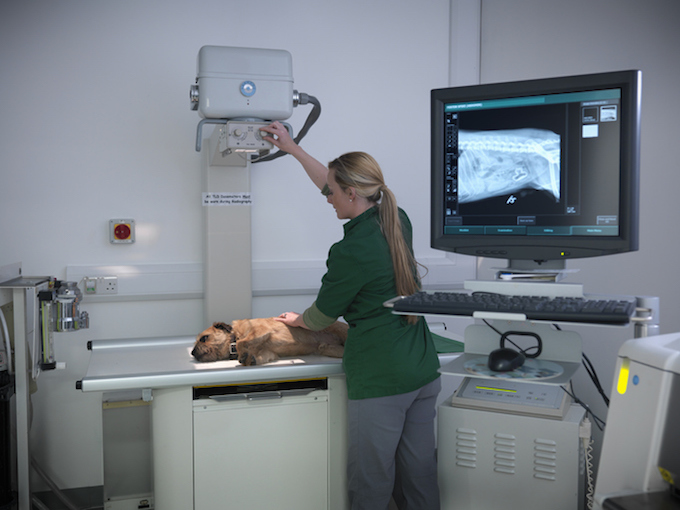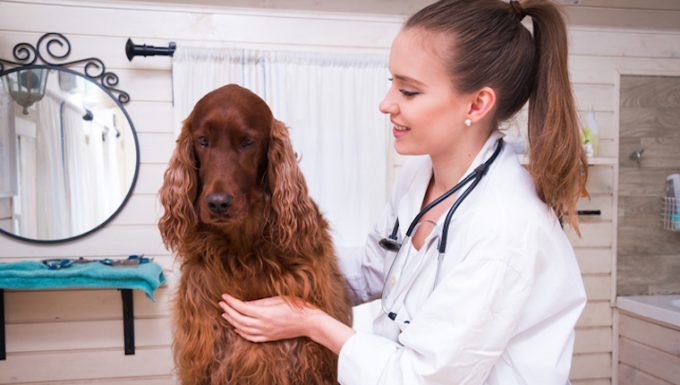Mesothelioma in dogs is a rare condition that involves cancerous tumors. The condition is suspected to be caused by exposure to pesticides and asbestos.
Generally, male dogs and older dogs suffer from the condition more than female dogs and younger pups. Also, the German Shepherd breed is most predisposed to the condition.
If you see the signs of the condition in your dog, then get to a veterinarian for a proper diagnosis and treatment.
Here’s what you should know about the symptoms, causes, and treatments for the condition.
Symptoms of Mesothelioma in Dogs
The condition produces a fairly wide range of symptoms. For example, some of the most common symptoms include:
- Coughing
- Insomnia
- Vomiting
- Blood in pee
- Dehydration
- Blood in poop
- Depression
- Mobility problems
- Avoiding exercise
- Loss of appetite
- Fluid retention
- Breathing problems
- Acting lethargic
- Fatigue
Causes of Mesothelioma in Dogs

The cause of the condition is thought to be exposure to certain toxins. For example, some of those toxins include:
- Asbestos
- Iron
- Pesticides
- Silicate
Additionally, the following breeds are most predisposed to developing the condition:
- German Shepherd
- Bouvier des Flandres
- Irish Setter
Treatments for Mesothelioma in Dogs
Firstly, your vet will ask about your dog’s symptoms. Secondly, your vet will ask about any circumstances where your dog could have come into contact with toxins or poisons.
Thirdly, a full physical examination will be carried out. Blood and urine tests will be taken. Additionally, X-rays of the chest area and fluid samples can help to diagnose the condition.
Generally, treatment targets your dog’s symptoms. For example, your dog may need to spend time in hospital to drain any fluids that have accumulated in any cavities.
While your dog is recovering, it is important to provide them with a quiet and calm environment. Also, your dog’s exercise might need to be limited, especially if they are having breathing problems. Your vet can help formulate a safe schedule for your dog.
Finally, prevention is better than cure with this condition. You can learn more about keeping your dog away from household toxins in our post here.
Have you ever cared for a dog who suffered from this condition? How did your vet help your dog recover? Let us know in the comments section below.









